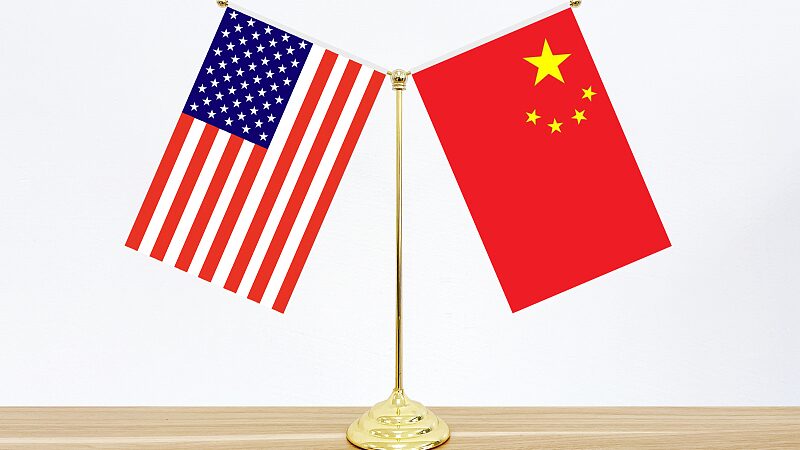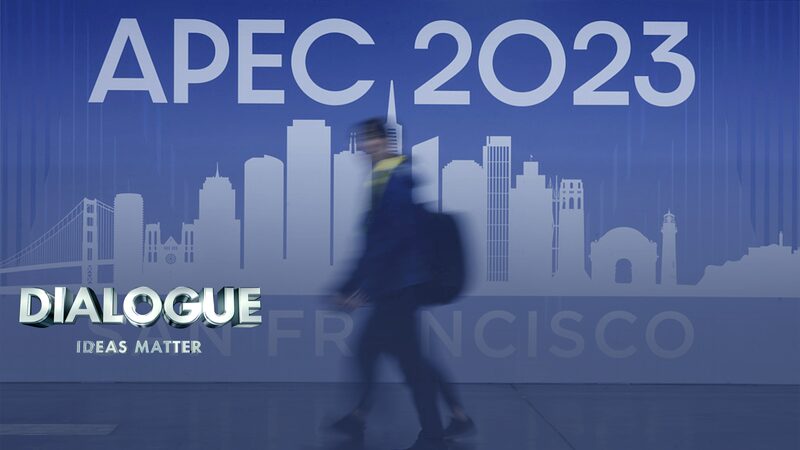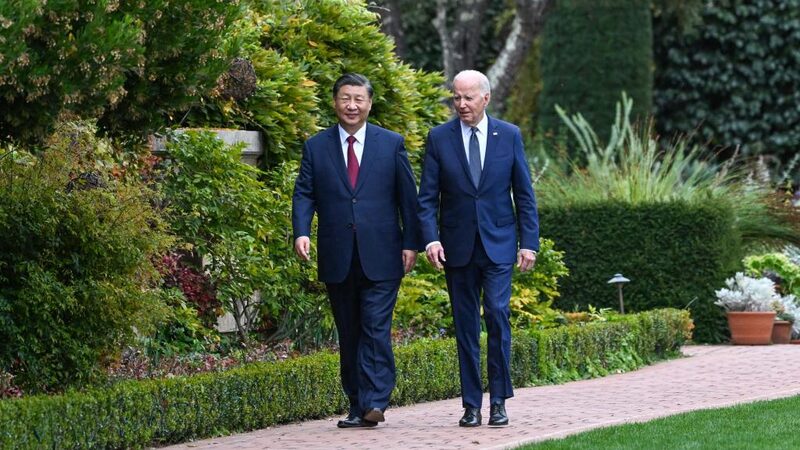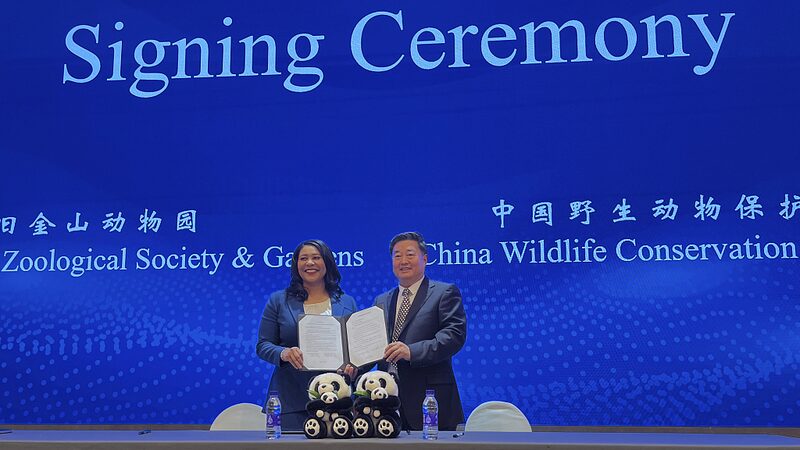The upcoming meeting between Chinese President Xi Jinping and U.S. President Joe Biden at the 30th APEC Leaders’ Meeting in San Francisco has become a focal point for global hopes—even as expectations remain tempered. 🌍🔥 With the world grappling with climate crises, economic instability, and geopolitical conflicts, many see stable U.S.-China relations as a linchpin for progress. But can this high-stakes dialogue deliver?
Low Bar, High Stakes
Analysts are keeping expectations grounded. Global Times called for 'realistic understanding' to prevent 'out-of-control conflicts,' while Colleen Cattle of the Atlantic Council described the summit as 'symbolic'—a bid to maintain communication ahead of 2024’s U.S. election chaos. 🗳️💬
The U.S. Contradiction
Despite recent U.S. provocations—sanctions, high-profile visits to the Taiwan region, and military maneuvers near China’s waters—Washington has paradoxically pursued dialogue, sending officials to Beijing. This mixed messaging reveals a deeper struggle: balancing competition with the urgent need for cooperation. 🔄⚖️
Why It Matters
China has consistently advocated for stable ties, but progress hinges on U.S. choices. As Professor Radhika Desai notes, 'In the contradiction lies hope.' For a world drowning in crises, even fragile diplomacy offers a lifeline. 🌱🤝
Reference(s):
cgtn.com





